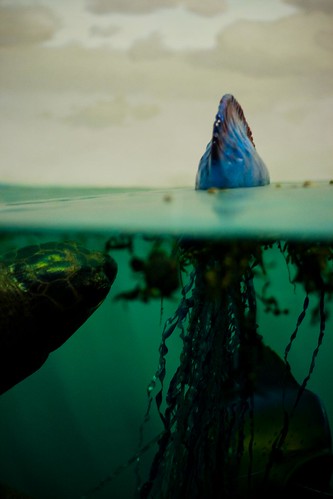 "Yes", she said, "I am sorry for you. But I find it in my heart to be sorry for her too."
"Yes", she said, "I am sorry for you. But I find it in my heart to be sorry for her too."In her 1966 novel, Dominican-born writer Jean Rhys explores many different relationships. The relationship between a colony and its motherland. The relationship between blacks and whites. The relationship between a husband and a wife. Each one is complicated, unpredictable, and, in many ways, destructive.
The Plot:
Young Antoinette Cosway is growing up in the lush and beautiful Caribbean islands. The daughter of a Creole, she belongs neither to the ruling white Europeans, nor to the native black Jamaicans. Her life is one of trial and heartache. We follow her story from childhood up to her marriage to a man who, though unnamed, is obviously Mr. Rochester of Jane Eyre fame. The story is narrated by Antoinette and her husband, allowing us to see both sides of a relationship that ultimately descends into madness.
My Review (Caution-Spoilers):
I suppose that it was inevitable that I get around to this story, being the huge Jane Eyre fan that I am. Honestly, I wasn't too sure what to expect from this novel, and I'm still not 100% sure what to make of it.
On the one hand, it is impossible to separate this story from the original Bronte novel. Ultimately, it is the story of the "mad-woman in the attic", but here she is more than just a specter. She is a flesh-and-blood woman with thoughts, feelings, dreams, and desires. In many ways, she is very similar to Jane herself. She is vivacious and independent, had a troubled childhood, and is looked down by the upper classes of society. But she is also very different from Jane. She wears her passions openly and is mentally unstable. I love how the setting reflects Bertha's personality, for the Caribbean is at once beautiful, vibrant, and terrifying.
On the other hand, impossible as it seems, Wide Sargasso Sea must be viewed apart from Jane Eyre. Even if it had no connection to Bronte's masterpiece, it would still be a classic in it's own right. Antoinette and Rochester's relationship is not only an example of feminist thinking, but also of post-colonial. Antoinette seems to represent colonies who struggled under the love/hate relationship with it's mother-country (Rochester). Rochester expects something different from Antoinette, and does not seem to be able to accept that she is neither native nor English. He just can't wrap his mind around her. Rather than loving her for who she is, he seeks to change into what he was used to in England (this is best seen in his changing her name to Bertha). When she refuses, he simply writes her off as mad and not normal. In the final section, it is the climate of his beloved England that solidifies her descent into insanity, and she escapes the only way she can...through death.
In the end, we cannot help but feel sorry for the characters, both Antoinette and her husband. In fact, sorrow was the overwhelming feeling I had after finishing this story. It is a different kind of novel and not one that will appeal to everyone's taste. But like it or hate it, one thing is certain- you will never read Jane Eyre the same way again.
The Movie:
There are two film versions of this novel. The first is the 1993 feature film starring Karina Lombard and Nathaniel Parker. The other is the 2006 BBC version starring Rebecca Hall and Rafe Spall. I haven't seen either version, so I have no real opinion to give.
















No comments:
Post a Comment